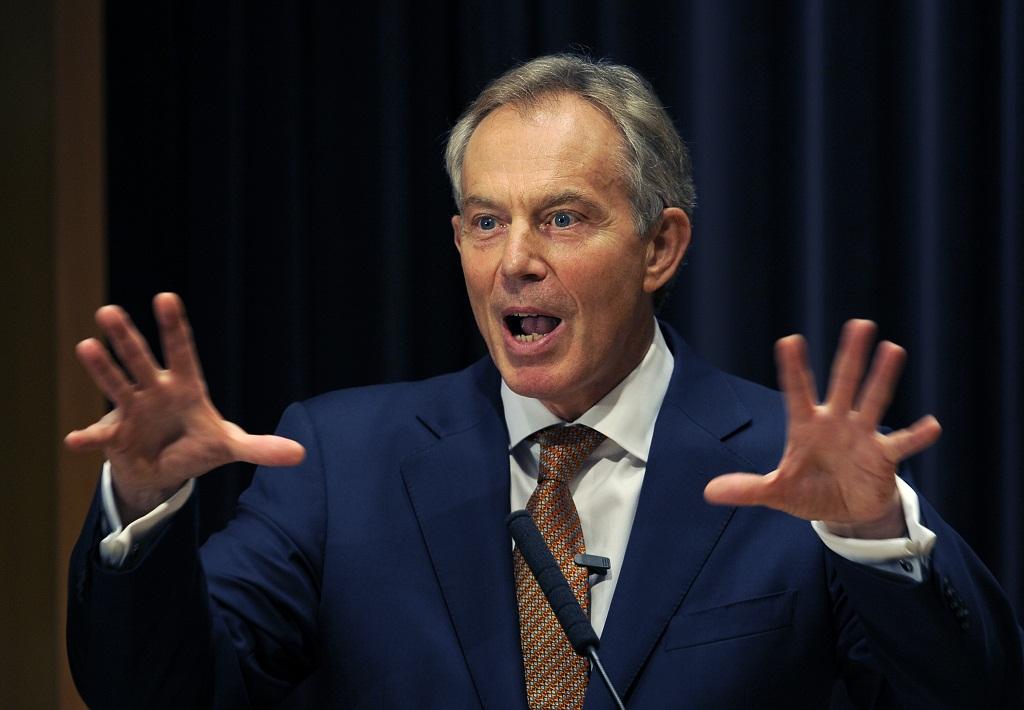Chilcot report set to criticise individuals over Iraq War — but acquit Tony Blair
'There have been more than a few instances where we are bound' to criticise those involved the war, Sir John Chilcot says

Tony Blair is expected to be largely acquitted of blame for the Iraq War when the long-awaited Chilcot report is finally published.
The 2.6 million-word report is expected to criticise misjudgments that contributed to the murderous chaos that descended on the country following the 2003 invasion and continues to this day — only on Sunday at least 215 people were killed in a suicide car bomb in a Baghdad shopping district.
Sir John Chilcot confirmed in a TV interview that some individuals are criticised in the report, due to be published at 11am on Wednesday.
"The essence of this Inquiry is that the committee is impartial — we're independent of government, none of us are politicians, and we haven't set out to criticise individuals or institutions," he said.
"However, I made very clear right at the start of the inquiry that if we came across decisions or behaviour which deserved criticism then we wouldn't shy away from making it. And indeed, there have been more than a few instances where we are bound to do that.
“But we shall do it on a base of a rigorous analysis of the evidence that supports that finding. We are not a court — not a judge or jury at work — but we've tried to apply the highest possible standards of rigorous analysis to the evidence where we make a criticism."
Sir John told BBC News that he expected that it would no longer be possible "to engage in a military or indeed a diplomatic endeavour on such a scale and of such gravity without really careful challenge analysis and assessment and collective political judgement being applied to it". "There are many lessons in the report but that probably is the central one for the future," he said.
The criticisms in his report are unlikely to satisfy campaigners who for years have been demanding that Mr Blair be tried as an alleged war criminal. The website of the Stop the War Coalition, an organisation of mainly left-wing anti-war activists, includes an article by the Conservative commentator Peter Oborne arguing that “if Chilcot fails to nail Blair's lies, it's final proof our democracy is broken".
Later this month, there will be a special screening in cinemas around the country of a film presented by the ex-MP George Galloway, who was expelled from the Labour Party in 2003 on the grounds that he incited British troops to disobey orders, and incited Arab troops to fight against the British occupation force. According to the advance publicity, Mr Galloway “does not hold back from presenting his opinion on what he believes to be one of the worst crimes of the century and the hypocrisy of Tony Blair".
It has been a long wait for the report. The inquiry was commissioned by Gordon Brown, when he was Prime Minister. It held its opening session on 24 November 2009, and heard from its last witness on 2 February 2011.
The five-year wait has led to protests in Parliament that it was taking too long, but Sir John claimed the delay was unavoidable.
"There is no doubt that it’s taken a lot longer than the government which set us up expected, or indeed what we expected at the start, but to get to the bottom of what happened over a nine-year period with all the legal, military, diplomatic, and intelligence aspects of it has proved very great," he said.
"Apart from the oral witness hearings which we've held, we had to scrutinise and analyse something like over 150,000 government documents.
“That's a huge task and takes a great deal of time if you're going to get to the bottom of all of that.
"I think getting agreement on the material that we could publish from that government archive has taken time in itself, but if we are going to give — as we believe we have — a really reliable account, we've had to get agreement from government to publish some things which are quite without precedent; cabinet discussions, discussions with other heads of state and government.”
Join our commenting forum
Join thought-provoking conversations, follow other Independent readers and see their replies
Comments